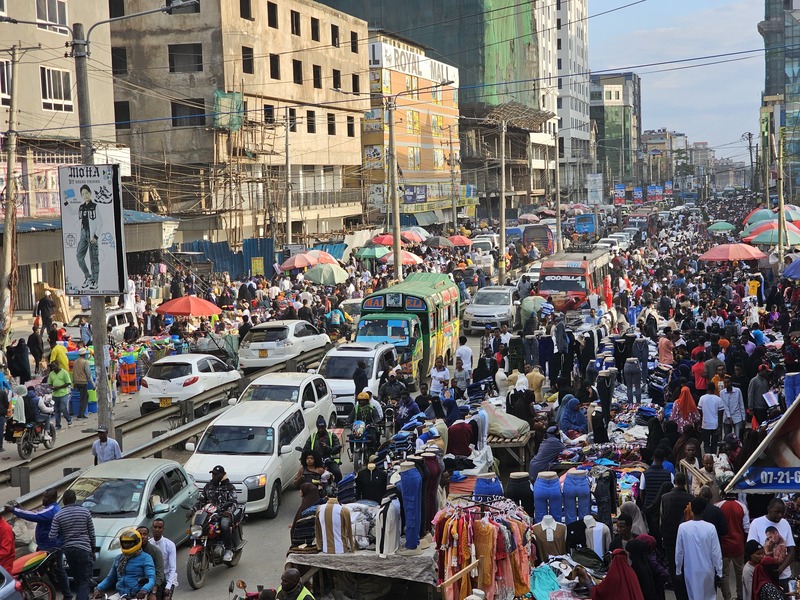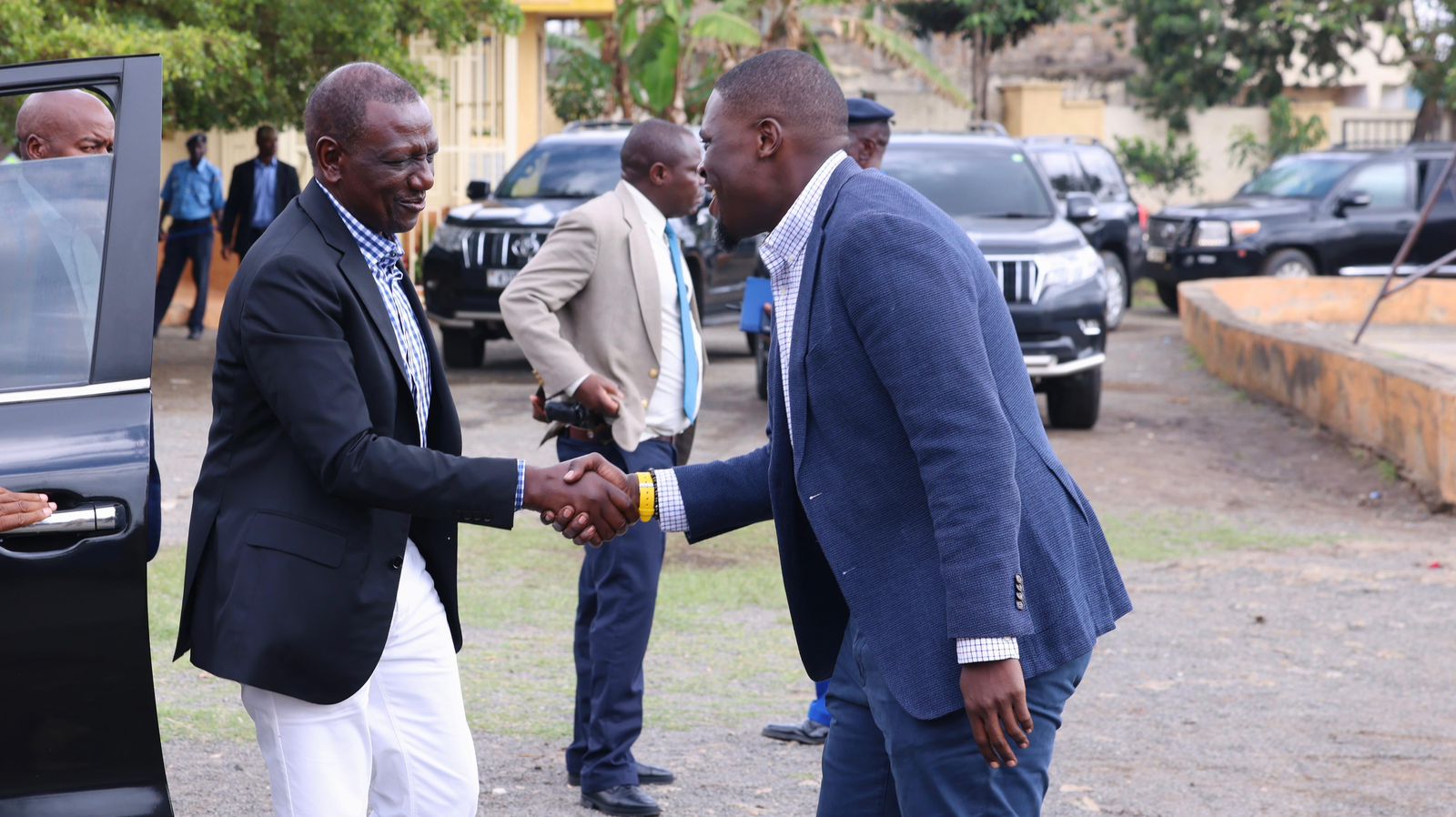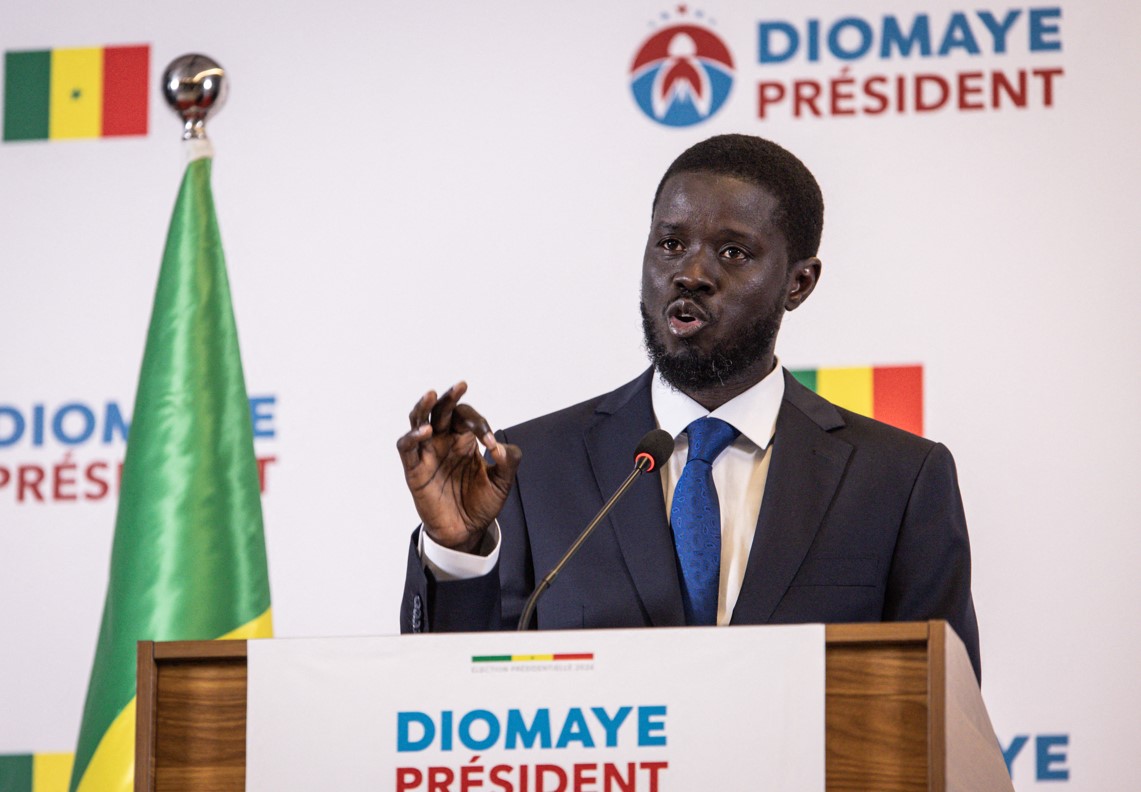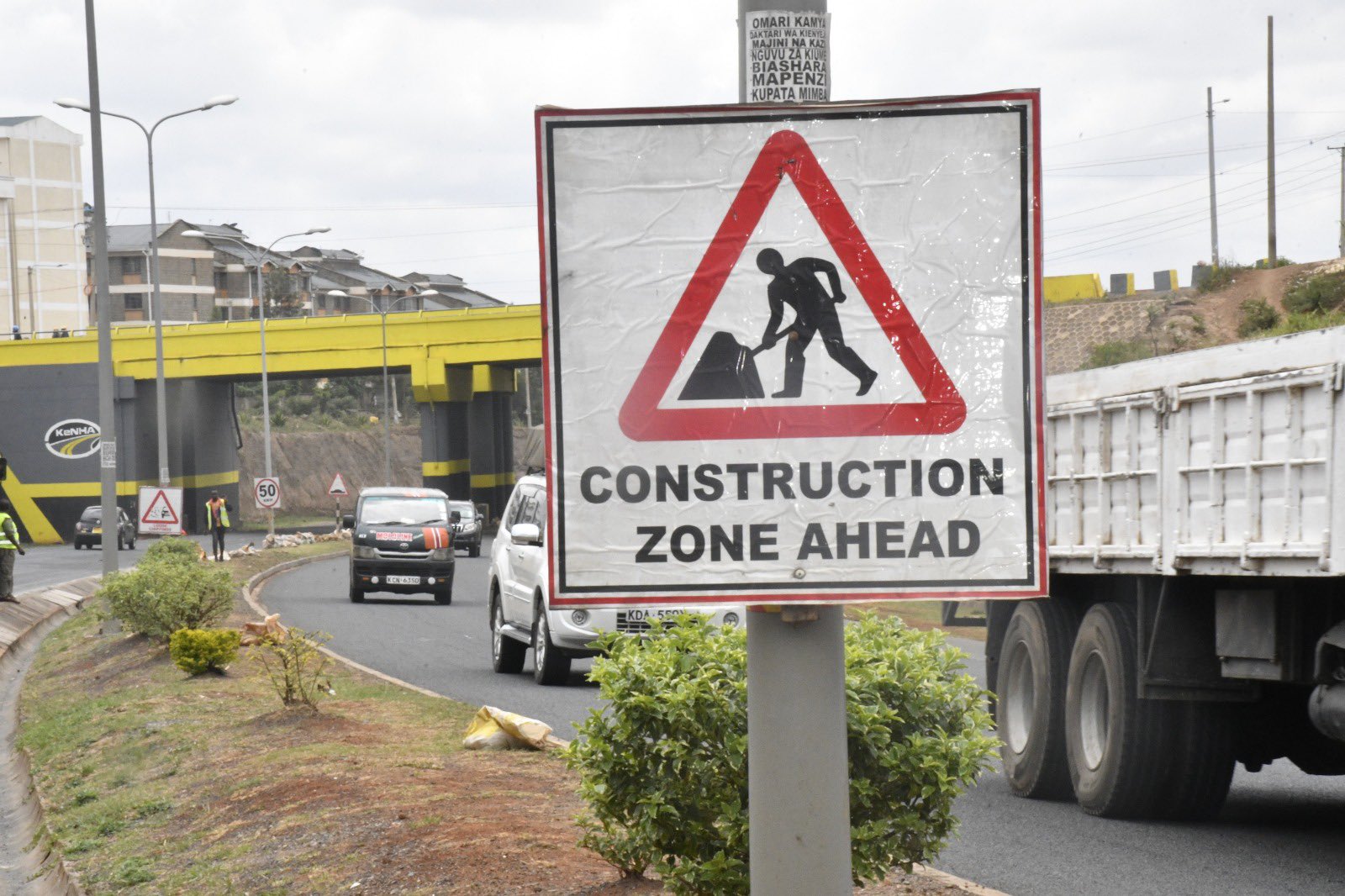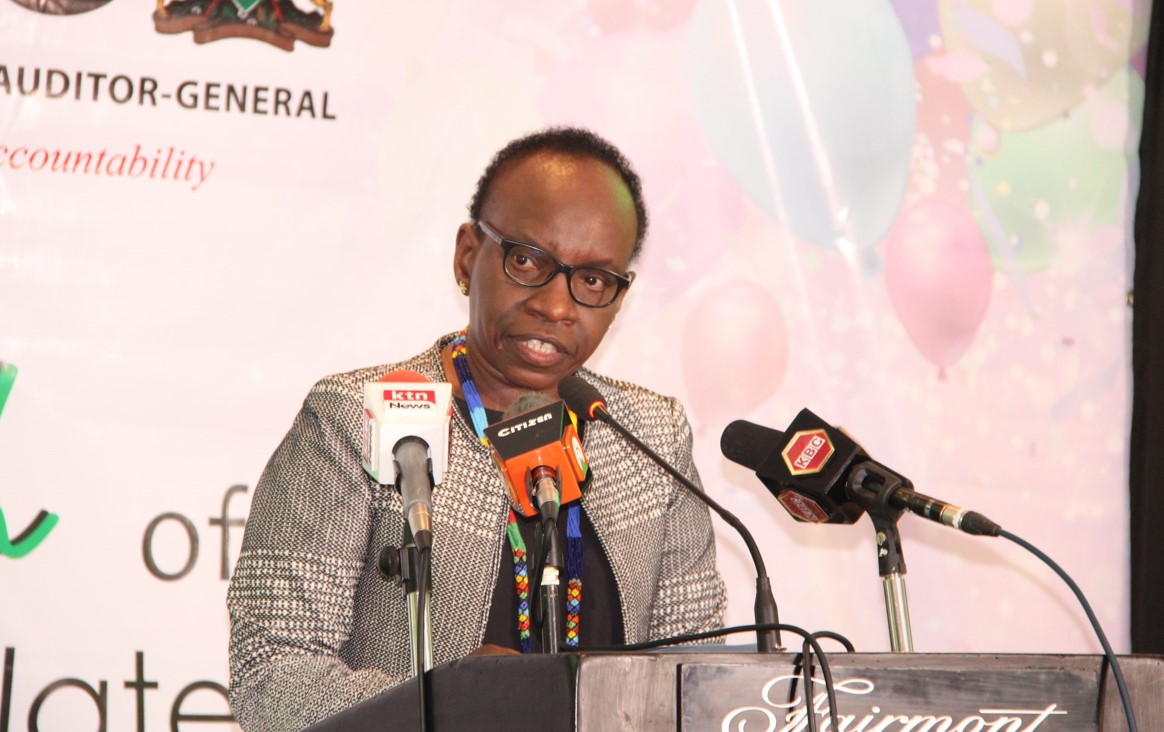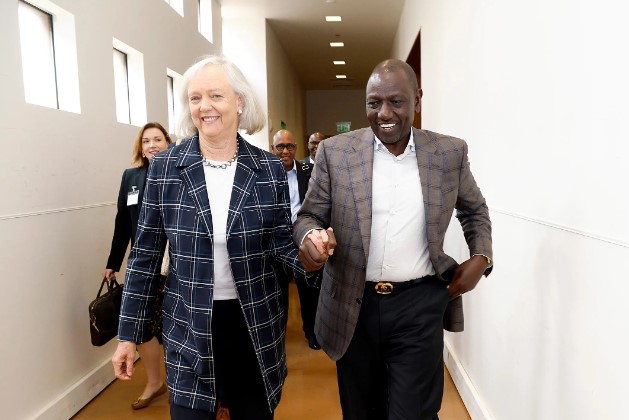Opinion: Somalis’ economic dominance rhetoric only serves to weaken our unity as a nation

By Mohammed Doyo |
The claims suggesting that the success of the Somali community threatens the prosperity of other communities are misguided and detrimental to the nation's progress
Recent discriminatory remarks against Somalis by certain individuals have brought to the fore the need for a more inclusive and united approach to Kenya's political and economic challenges.
The claims suggesting that the success of the Somali community threatens the prosperity of other communities are misguided and detrimental to the nation's progress. In particular, certain individuals have been falsely blaming the Somali community for “underdevelopment” in Mt Kenya.
Keep reading
For two decades, Kenya was led by presidents from Mt. Kenya, Mwai Kibaki and Uhuru Kenyatta. During this period, the mountain community had significant influence over national resources and policy. Associating underdevelopment in Mt. Kenya with devolution funds or the Somali community is irrational and fails to hold leaders from the region accountable.
The Somali community has a long-standing history of trade and resilience. It is an integral part of Kenya's diverse fabric and has made significant contributions to the nation's economy.
According to a study by the International Finance Corporation, Somali businesses have thrived due to their strong social networks, trust-based financing, and entrepreneurial spirit.
However, the perception that all Somalis are wealthy is misplaced. Data from the Kenya National Bureau of Statistics reveals that counties with significant Somali populations, such as Garissa, Wajir, and Mandera, have some of the highest poverty rates.
In Garissa, the poverty rate stands at 65.5 per cent, compared to the national average of 36.1 per cent.
Wajir and Mandera have poverty rates of 62.6 per cent and 77.6 per cent, respectively. This paints a picture of the economic challenges many Somalis in Kenya face, particularly those in the northeastern region. It means many Somalis in Kenya grapple with poverty and need support and equitable development opportunities.
The notion that Somalis in Kenya dominate the economy is also misguided. In fact, Somalis constitute a small percentage of the top 1,000 richest Kenyans. According to a report by New World Wealth, only a handful of Somalis feature on this list.
This means the Somali community's economic success is not as widespread as perceived. They face the same challenges as other Kenyans. The report also shows most wealthy Kenyans are from other ethnic communities like the Kikuyu, Kalenjin, and Luo, further dispelling the myth of Somali economic dominance.
Kenyan Somalis also face other challenges, including obtaining national identity cards and passports, hindering their access to essential services.
A report by the Kenya Human Rights Commission found that Somalis are subjected to additional scrutiny and longer waiting times when applying for these documents. This has a far-reaching impact on both individuals and the community.
Moreover, the Somali community's political influence is often undermined due to their status as a swing vote. Politicians overlook their needs, resulting in inequitable development and resource allocation. A study by the National Democratic Institute found that Somali voters are often courted during elections but forgotten once the polls are over.
This lack of sustained national political representation and advocacy has resulted in the marginalisation of Somali-dominated regions, with limited access to essential services.
The Constitution guarantees equal treatment for all citizens, regardless of their ethnic background. It prohibits discrimination on any grounds, including race, ethnicity, and religion. We must uphold these constitutional values and ensure no group is discriminated against or given undue advantage.
Somalis are an integral part of our nation, with the same rights and responsibilities as other Kenyans. They have contributed significantly to the country's development, with many excelling in various fields like business, academia, and public service.
They have also played a crucial role in fostering peace and stability in the region, particularly in the face of challenges such as terrorism and instability in Somalia. Their commitment to Kenya's progress and their willingness to work alongside other communities to build a better future should be acknowledged and celebrated.
To build a more prosperous and united nation, all Kenyan communities must recognise the value of our diversity and interdependence. Fostering a culture of mutual respect and cooperation will enable the country to harness the unique strengths of each community. Divisive politics and promoting hatred towards any community will only lead to a lose-lose situation, undermining the very foundation of the nation.
The writer is a public policy specialist and a management consultant.
Before you go, how about joining our vibrant TikTok and YouTube communities for exciting video stories?
TikTok: Click here. YouTube: Click here.
Reader comments
Follow Us and Stay Connected!
We'd love for you to join our community and stay updated with our latest stories and updates. Follow us on our social media channels and be part of the conversation!
Let's stay connected and keep the dialogue going!

